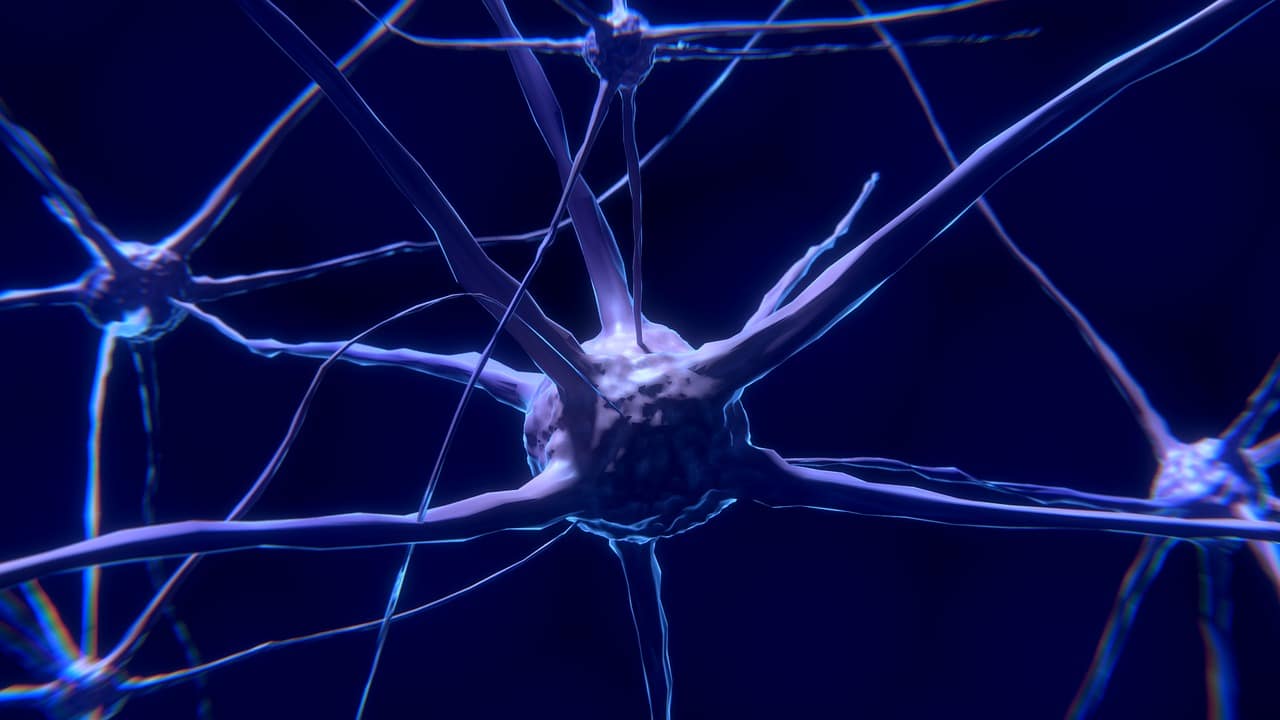Experiencing neuropathy pain and its other symptoms is quite distressing. People with neuropathy can attest how difficult it is to have such condition. But what is neuropathy? In this article, we will try to understand this condition, its symptoms and causes.
Neuropathy Definition
Neuropathy is a general term used to describe conditions that affect the nerves. This means that it refers to all kinds of malfunctions or diseases that affect the nerves regardless of their location in the body, and their causes. This condition, however, is classified according to the location of the nerves, its type and the underlying cause. The common types are the following: peripheral, autonomic, cranial and focal neuropathy.
Peripheral neuropathy is a type of this condition that affects the nerves surrounding or located outside the spinal cord and the brain. Autonomic neuropathy affects the nerves found in the involuntary nervous system. Cranial neuropathy refers to the damaged twelve cranial nerves—these are nerves that directly exit from the brain. Focal neuropathy is used to refer to a nerve problem that only affects a particular area or part of the body. Regardless of the type, people with this condition experience one thing in common: neuropathy pain.
Neuropathy Symptoms
There are no specific symptoms of neuropathy. This is because the symptoms depend upon the location and type of nerves affected by the condition. So in order for us determine the symptoms, it is important if we understand the main classifications of nerves in the body; such as the following: motor nerves (which control muscle movement), sensory nerves (which receive sensation like touch, pain and temperature), and autonomic nerves (which control functions like heart rate, blood pressure and digestion).
But there are signs and symptoms that are common among the various types of this condition. Aside from the neuropathy pain, there are other symptoms that a patient may experience. They are as follows:
Get Back Your Normal Life Again
As pain specialists, we can guarantee that we are more than qualified in alleviating your pain and treating your condition.
- Sharp, burning, freezing, throbbing or jabbing pain.
- Numbness, tingling or prickling sensation.
- Muscle weakness
- Paralysis (if motor nerves are affected)
- Highly sensitive to touch
- Lack of coordination
If autonomic nerves are damaged or affected, additional symptoms may be felt, such as the following:
- Bladder or digestive problems
- Altered sweating
- Blood pressure changes
- Heat intolerance
- Light headedness or dizziness
Neuropathy Causes
Understanding what is peripheral neuropathy, or any other type of neuropathy for that matter, helps in determining the appropriate treatments and therapies needed to alleviate and manage the symptoms. Aside from this, it is also important that we understand the possible cause of the condition. The most common causes include the following:
- Infection
- Vitamin deficiencies
- Trauma or injury
- Tumor
- Post-herpetic neuralgia
- Amyloidosis
- Diabetes
- Uremia
- Genetic disorders
If you have peripheral, focal, cranial or autonomic neuropathy, make sure that you get the proper treatment and therapy. Contact Arizona Pain and Spine Institute and let our professionals help you manage the neuropathy pain and other symptoms.

